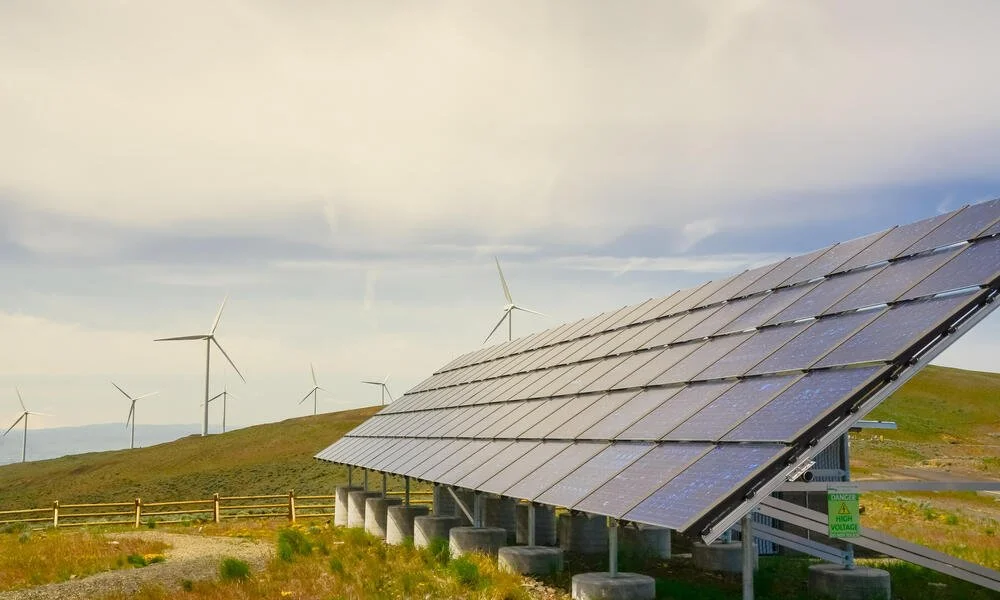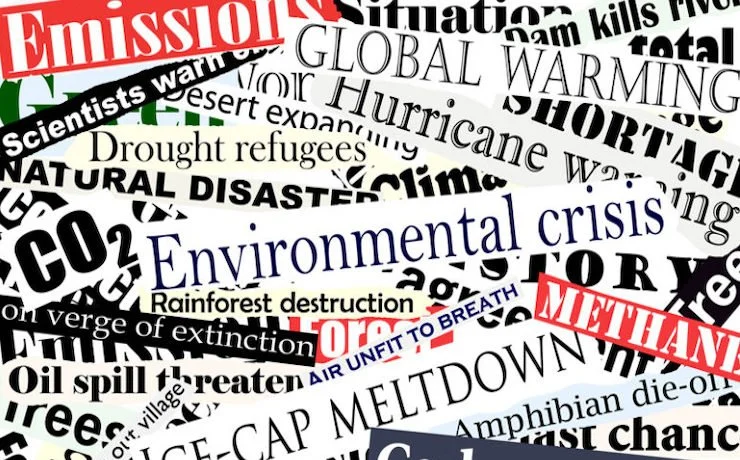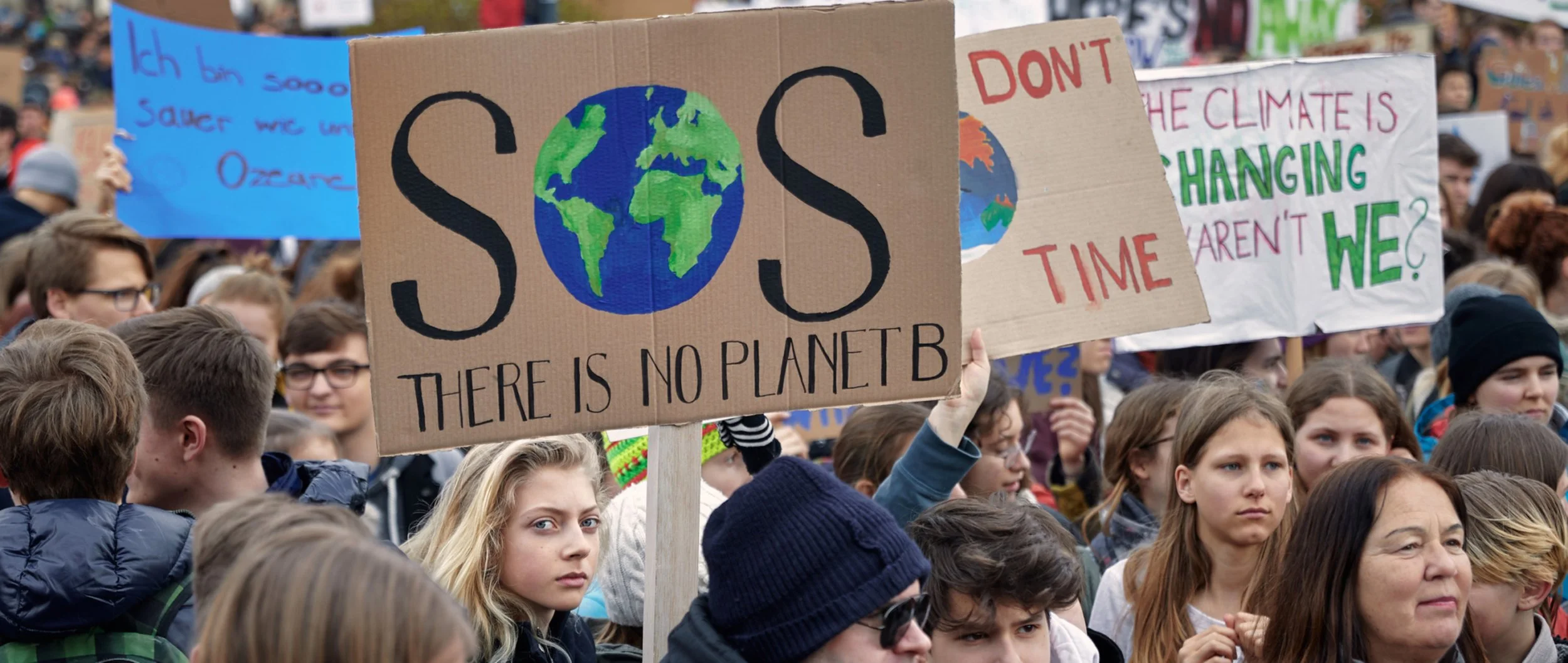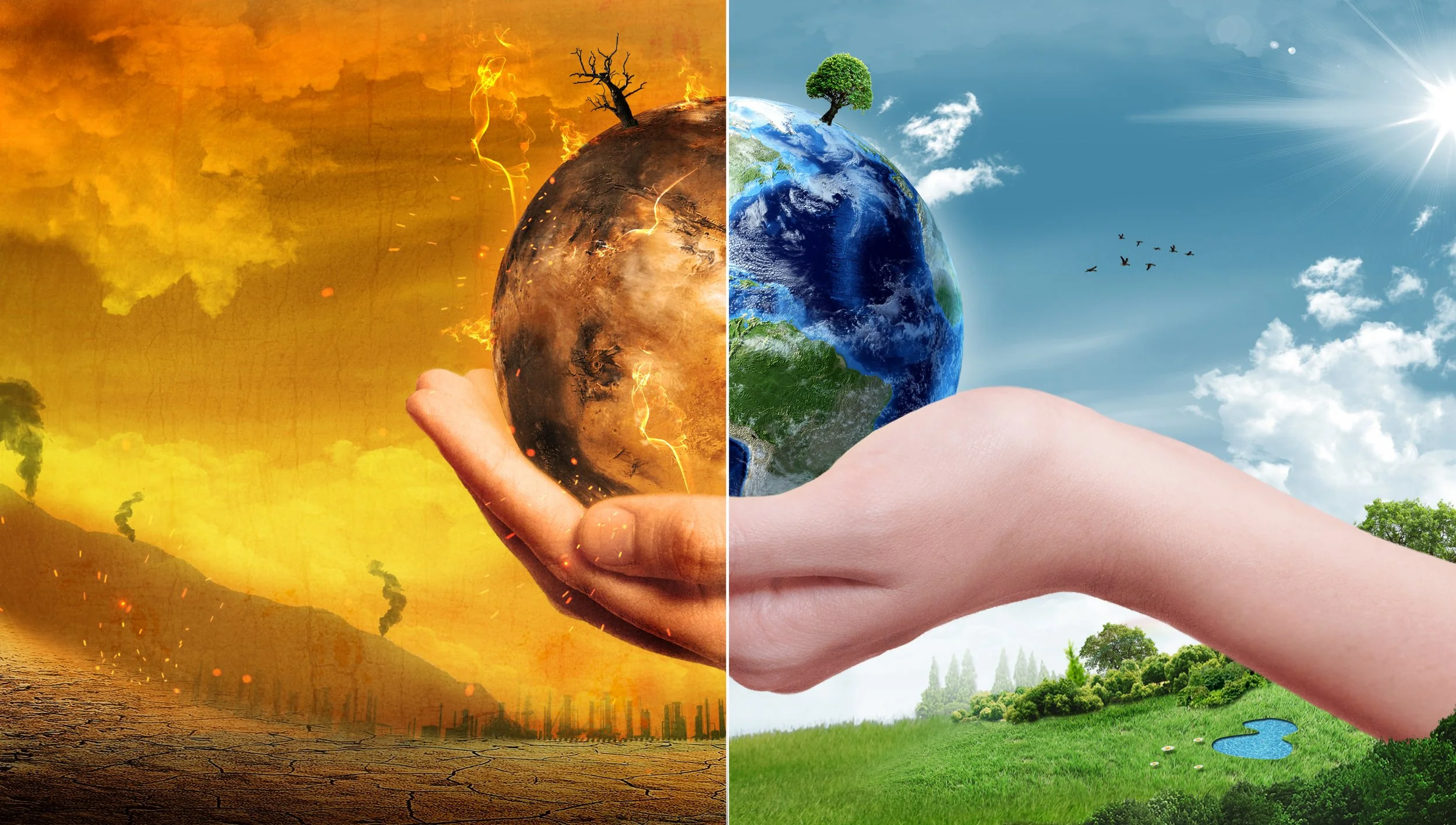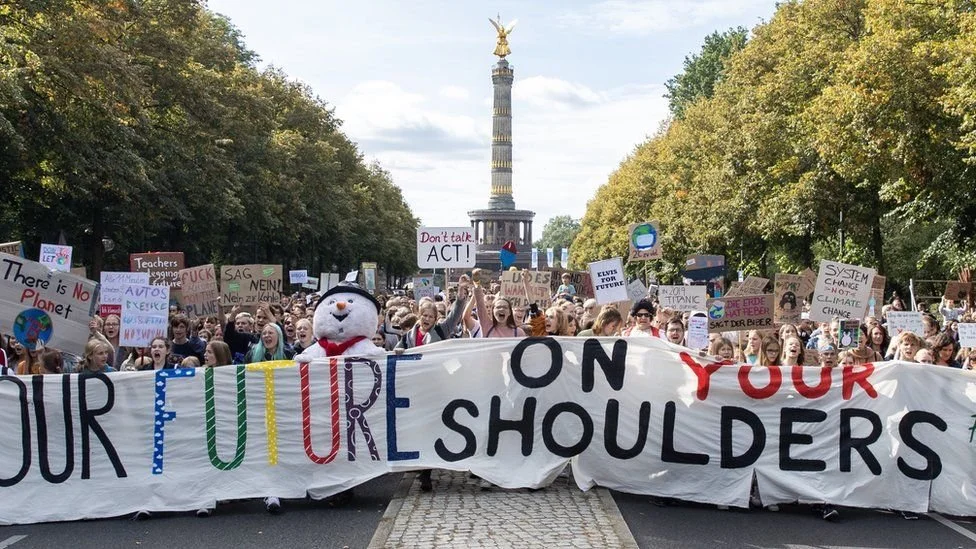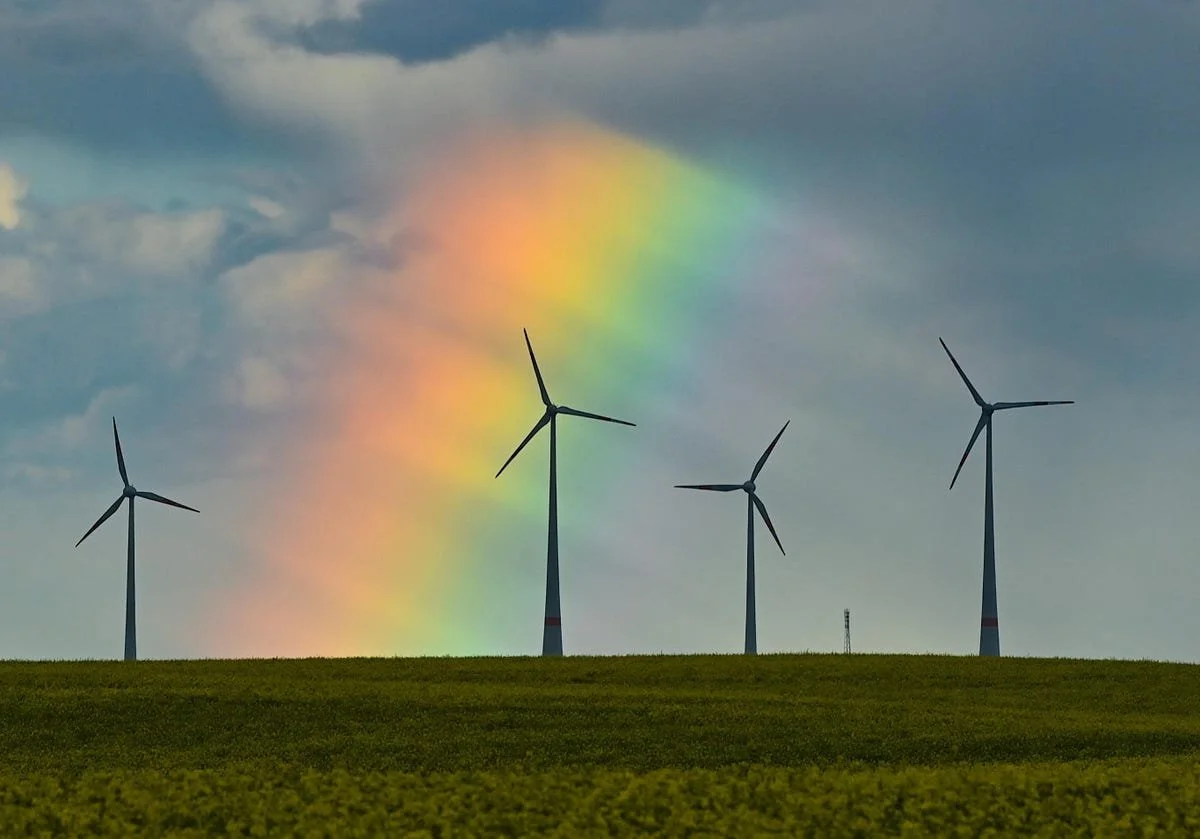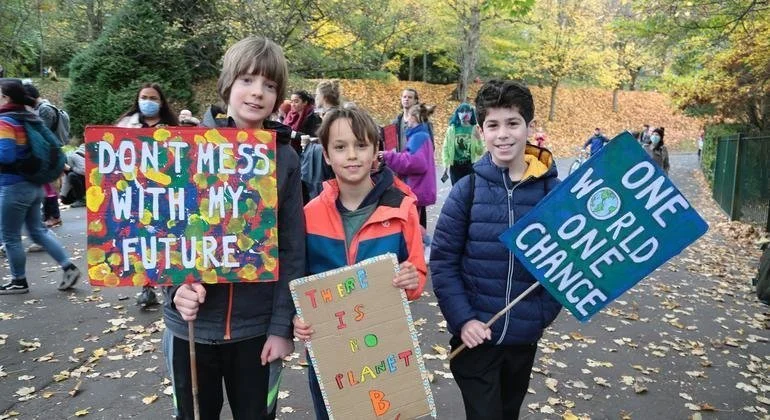THE ATTIC READS: NOT TOO LATE
Not Too Late: Changing the Climate Story from Despair to Possibility, edited by Rebecca Solnit & Thelma Young Lutunatabua, Haymarket Books, 220 pp.
Shortly after the scary term “global warming” was spun into the more benign “climate change,” the headlines darkened.
Raging Fires in Australia.
Record Hurricane Season Hits
Oceans Warming. . .
But headlines hide a deeper truth about global warming. The truth is that major victories have been won, action is mounting, and despair is our worst enemy. Enter the self-described “hope lady” and her climate warrior friend.
Not Too Late started as a website in 2022. Gathering stories from the front-lines of the climate justice movement, the site battles despair with hope. Not optimism, but hope. In this fascinating new anthology, Rebecca Solnit explains the difference.
“Optimism assumes the best and assumes its inevitability, which leads to passivity. . . Hope is not the conviction that something will turn out well but the certainty that something is worth doing no matter how it turns out.”
If ever something were worth doing, this is. But Not Too Late spares us the “doomism” too common in current discussions. Instead, it offers 27 essays and interviews that present an inspiring portrait of the growing movement to avert “climate chaos.”
The essays vary in length and quality, but all are driven, Solnit notes, by love. “This book is a love story. Every single person in this book does their work researching or educating or organizing or storytelling because of love.”
The work is global. The work is local. The work is personal. Not Too Late includes reports from the Paris Accords, a hunger strike, the Navajo Nation, the Siberian permafrost, and the Pacific coral-atoll nations which will be underwater if this battle is lost.
Along with first-person accounts, the anthology cites scientists, novelists, historians and others about the importance of hope and possibility. Among its voices are James Baldwin, Ursula LeGuin, Thich Nhrat Hanh, and Bill McKibben.
Want to believe in the future? Solnit’s essay comparing 1973 to 2023 suggests just how much things can change. Who would have thought in 1973 that a Chilean child tortured by the Pinochet junta would become the president of Chile? Who in 1973 would have believed that the Soviet Union would be gone in 1991? What do such turnarounds suggest for 2073?
Cynics and news junkies might dismiss this cri de couer as “too little, too late.” But Not Too Late takes a timeout from its essays to present “An Extremely Incomplete List of Climate Victories.” From a successful rainforest protest in 1974 to the U.S. Congress’ 2022 climate measures, 80 such “victories” can’t help but send a few cynics back into action.
Not Too Late will not win any victories by itself. Again and again, the anthology puts the onus on us. From renewables to recycling, from eating less meat to flying less often, we know what must be done. Not Too Late provides the hope, the community, and the success stories to keep us in the fight.
“We have tried to pack this book like a kit for you to carry with you,” Solnit concludes, “and we filled it with voices offering views and visions we thought were brilliant or lifesaving or eyeopening, ideas and facts about the reality of the situation and what we can do about it, examples of people doing it, invitations to power and possibility.”
It’s not too late. Not too late for hope, for action, for belief in a kinder (and especially) cooler world.
